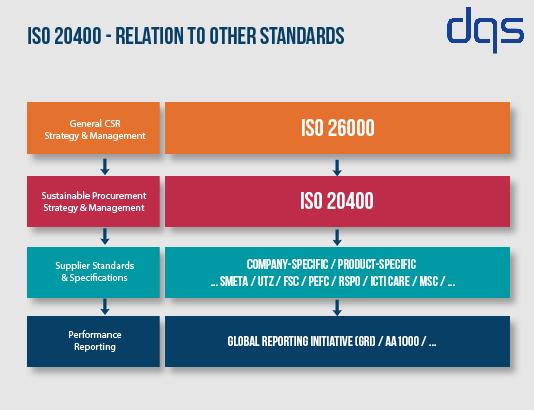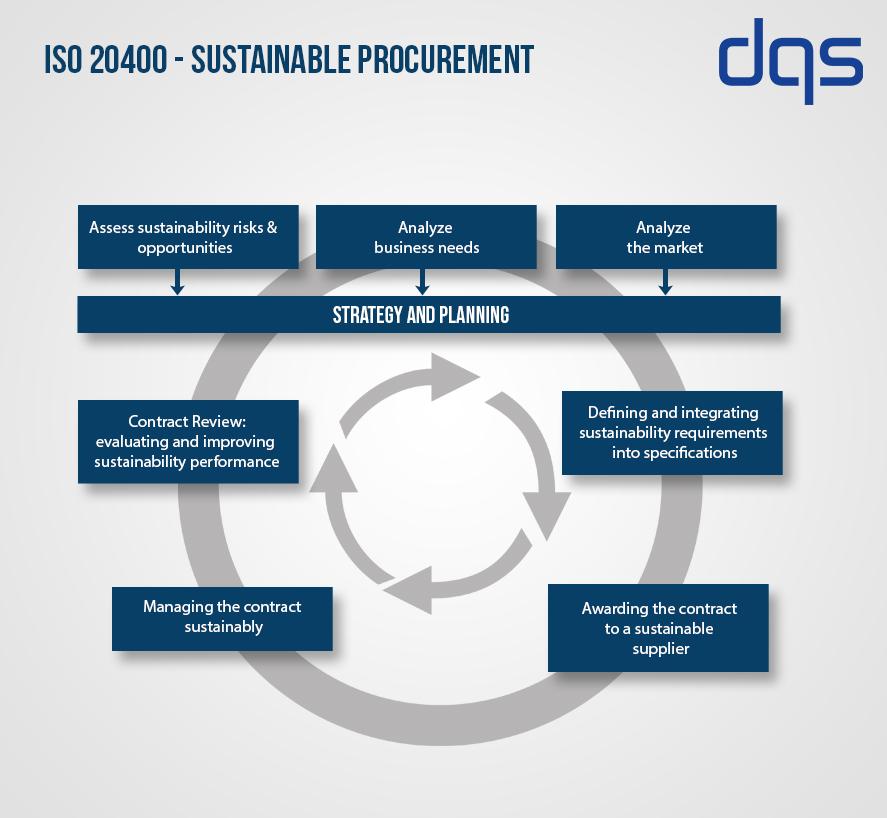Sustainable Procurement, often called Responsible Sourcing, is an essential part of the shift to a sustainable economy: by integrating sustainability criteria into the procurement process, organizations are using their influence to make the entire supply chain more sustainable. The new standard ISO 20400 - Sustainable Procurement now offers organizations guidance on setting up a sustainable procurement strategy.




